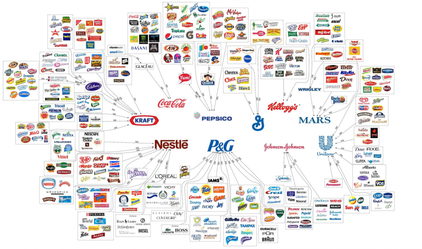With a score of 86 out of a possible 91 on Schwartz’s Maximization Scale (found in Paradox of Choice), I am without a doubt, a maximizer. I do, however, believe that this result accurately reflects my personality – a perfectionist. I typically find it difficult to make decisions while I’m shopping because I’m constantly comparing colors, features, and prices against the alternatives. This is done out of fear that I won’t choose the “ perfect” product and for me, nothing is more disappointing or frustrating than making a purchase and later finding it at another store in a better color or at a cheaper price after I already removed the tags. Making comparisons and my unnecessary post-purchase shopping is not only time consuming, but it also takes away from the value of my purchase. I am no longer happy with my purchase because I now know that there was something better out there, something even more perfect.
Schwartz makes it clear that maximizer and perfectionist are not synonymous, but he agrees that both set high standards and seek out "the best.” I think that this would make websites such as Tumblr and Pinterest a maximizer’s dream, or playground if you will.
Schwartz makes it clear that maximizer and perfectionist are not synonymous, but he agrees that both set high standards and seek out "the best.” I think that this would make websites such as Tumblr and Pinterest a maximizer’s dream, or playground if you will.
Schwartz describes maximizers as having expectations that can eventually be met, which means that Pinterest allows maximizers to fantasize about things that are tangible, realistic, and certainly not impossible to achieve. Fellow Pinners like myself browse through hundreds, maybe even thousands of pins without realizing that we are falling somewhere on the maximization scale.
Despite being indecisive at times, it doesn’t take much for a new product to catch my eye because a product with creative packaging will have me reaching for me wallet in no time. From a marketing perspective, I will be a satisfied consumer if your products are presented in creative, unique, and innovative ways. As both a perfectionist and a maximizer, I believe these types of products are simply "the best."
Despite being indecisive at times, it doesn’t take much for a new product to catch my eye because a product with creative packaging will have me reaching for me wallet in no time. From a marketing perspective, I will be a satisfied consumer if your products are presented in creative, unique, and innovative ways. As both a perfectionist and a maximizer, I believe these types of products are simply "the best."



 RSS Feed
RSS Feed